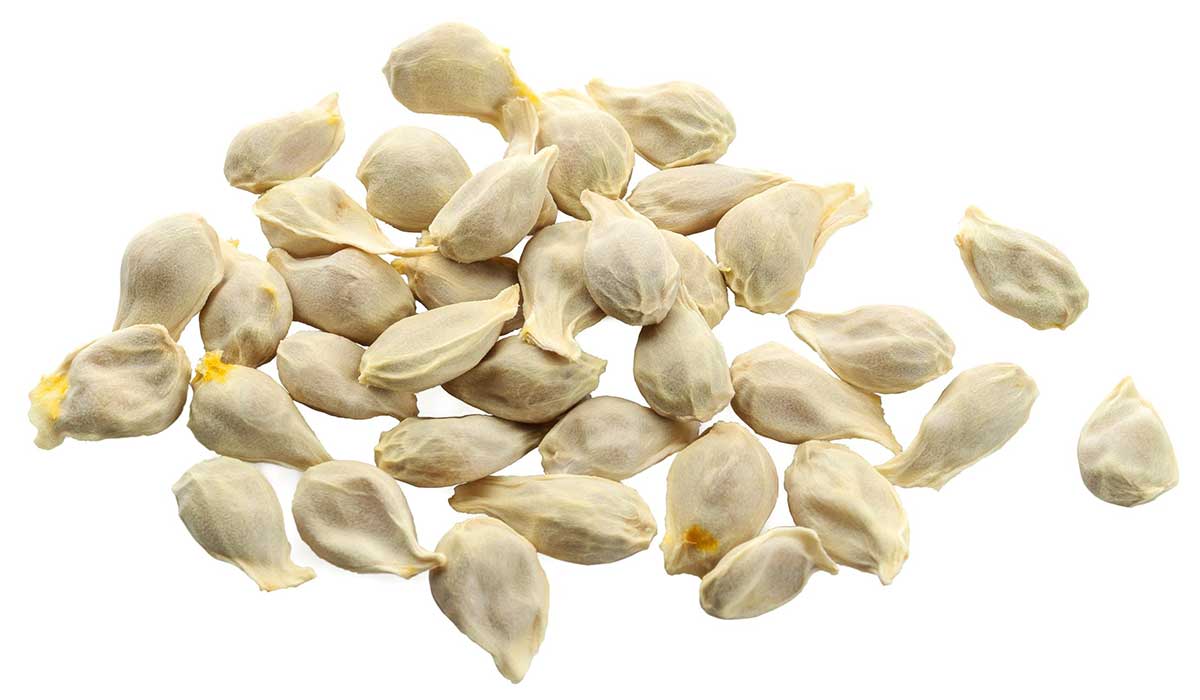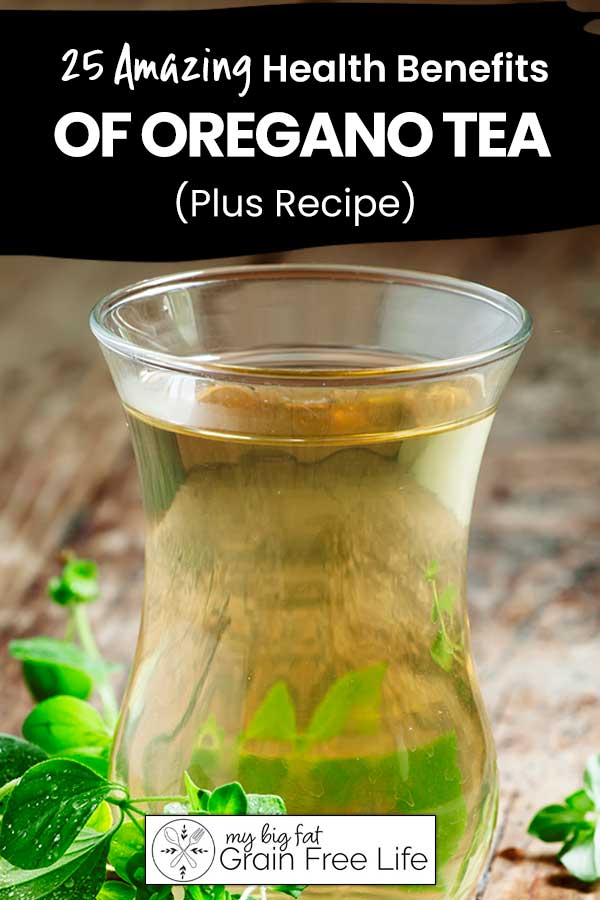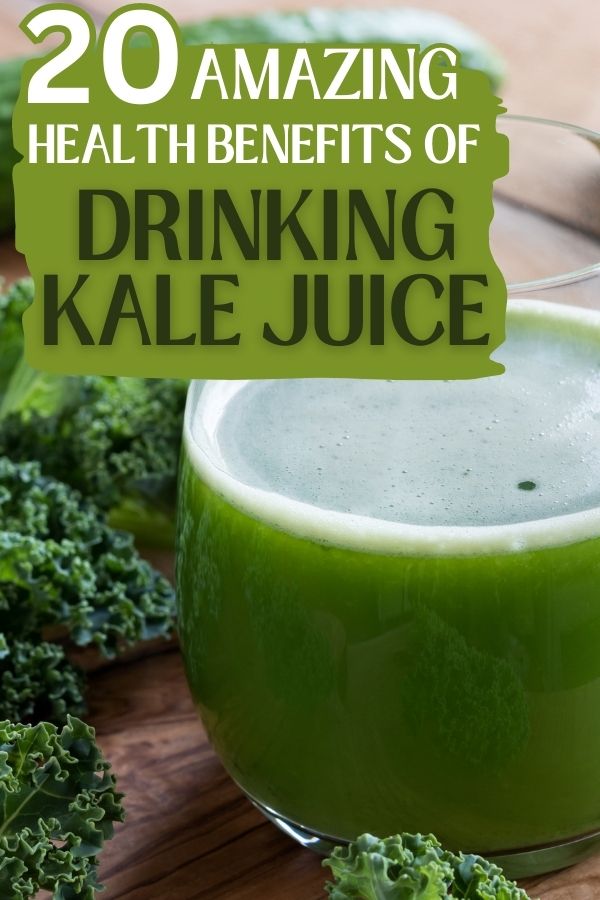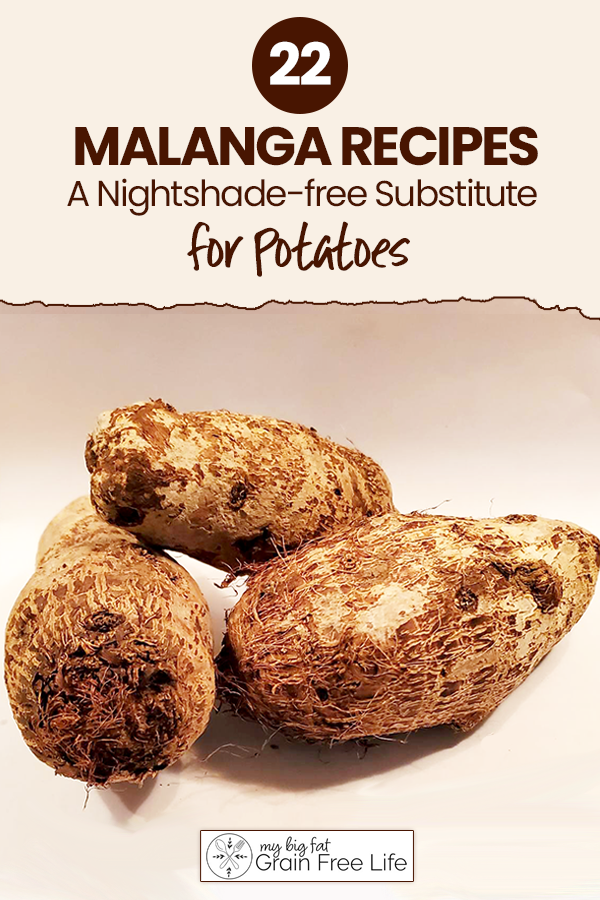25 Surprising Health Benefits of Lemon Seeds (#8 is Shocking)
This post may contain affiliate links. If you make purchase after clicking a link, I may receive a commission at no extra cost to you.
Last Updated on November 7, 2023
Did you know there are many health benefits of lemon seeds? It’s true! Some of the benefits of these tiny seeds are quite surprising. Let’s explore 25 ways lemon seeds are benefical and discover how you can incorporate them into your diet.

Health Benefits of Lemon Seeds
If you are like me, you probably didn’t even know you could eat lemon seeds! Before I heard about the health benefits of lemon seeds, for some reason I thought they were dangerous if you accidentally consumed one.
Nature is full of amazing foods like seeds that can be used to benefit our health. Are you ready to learn something new too?
So, Are Lemon Seeds Edible?
Yes, you can eat seeds of lemon! They are safe to consume and some people even enjoy their slightly bitter taste. There are several ways you can use them in your diet to reap the nutritional benefits (we cover that later).
Nutritional Value of Lemon Seeds
Due to the nutritional make-up of lemons seeds, they have great health benefits. Not only do they have antibacterial properties and high fiber content, they can also help support heart health and aid in clearing up fungal infections, thanks to the antifungal properties. That’s just the tip of the iceberg though!
Take a look at the nutritional value of lemon seeds:
- Vitamins and Minerals: Whole seeds from lemons are a good source of various vitamins and minerals. They contain a good amount of vitamin C content and small amounts of vitamin E.
- Essential Oil and Pectin: Lemon seeds also contain essential oils that have antimicrobial properties that may help fight against certain bacteria and fungi. Lemon seeds also contain pectin, a soluble dietary fiber that can promote healthy digestion.
- Amino Acids: Lemon seeds contain several amino acids, which are the building blocks of proteins in our body. While the exact composition varies, they typically include amino acids such as arginine, lysine, leucine, and valine.
- Flavonoids and Alkaloids: Lemon seeds are rich in flavonoids like hesperidin and naringenin, which have antioxidant properties that help protect against oxidative stress in the body. They also contain alkaloids like limonene with potential anti-inflammatory effects.

25 Benefits of Lemon Seeds
Check out 25 of the best health benefits of lemon seeds. If you find yourself convinced to give lemon seeds a try, we include preparation and storage instructions at the bottom of this post.
You’ll also get tips for how to incporporate lemon seeds into your diet.
1.) Antioxidant Properties
Lemon seeds contain antioxidants that help protect the body against free radicals and oxidative stress.
2.) Immune System Support
The vitamin C found in lemon seeds helps boost immune function and fights off infections.
3.) Digestive Aid
Consuming lemon seed-infused water or tea may promote healthy digestion by stimulating gastric juices. Lemon seeds also have fiber content that can help digestive issues and promote regular bowel movements.
4.) Anti-inflammatory Effects
Some studies suggest that compounds in lemon seeds have anti-inflammatory properties, potentially reducing inflammation in the body. So, the next time you brew some anti-inflammatory tea, add some cruched lemon seeds for an extra benefit!
5.) Cardiovascular Health
Lemon seed extracts have been shown to possess cardioprotective effects by improving lipid profiles and reducing blood pressure levels. Additionally, Lemon seed extract has been found to reduce cholesterol levels, lowering the risk of heart disease.
6.) Weight Management
Lemon seeds are low in calories but high in fiber, promoting feelings of fullness and aiding weight loss efforts.
7.) Detoxification Support
Lemon seed tea or infusion is believed to aid liver function by supporting detoxification processes within the body.
8.) Improved Cognitive Function
It’s crazy to think that eating lemon seeds may help enhance cognitive function, memory retention, and concentration abilities. That alone is a good enough reason to not toss the seeds from lemons!
9.) Oral hygiene Enhancement
Chewing on lemon seeds or using them as an ingredient for homemade toothpaste might contribute to oral health by combating a bacterial infection responsible for dental issues like bad breath or cavities.
10.) Skin Health Improvement
Applying a paste made from crushed lemon seeds may help exfoliate dead skin cells, promote youthful skin, and improve overall skin texture due to its rich vitamin E content. This is why you might see lemon seeds as an an ingredient in a cosmetic product.

11.) Bone Strengthener
The calcium content of lemon seeds contributes to maintaining healthy bones and preventing osteoporosis.
12.) Blood Pressure Regulation
Potassium present in lemon seeds helps regulate blood pressure levels for optimal cardiovascular health.
13.) Respiratory Health Improvement
Drinking warm water infused with crushed lemon seeds can provide relief from respiratory issues like coughs and colds due to their expectorant properties.
14.) Eye Health Promotion
Vitamin A found in these tiny wonders supports overall eye health, including vision acuity maintenance.
15.) Diabetes Management Assistance
Some studies suggest that compounds present in lemons’seeds might assist managing diabetes by regulating glucose metabolism.
16.) Anti-cancer Potential
Certain compounds found in lemon seeds have shown potential anti-cancer properties, although further research is needed.
17.) Anti-microbial Effects
Lemon seed extracts exhibit antimicrobial effects against certain bacteria and fungi, contributing to overall health protection.
18.) Hair Health Support
Applying a paste made from crushed lemon seeds can help combat dandruff and promote healthy hair growth due to their antimicrobial properties.
19.) Mood Enhance
The aroma of lemon seed oil may uplift mood and alleviate symptoms of depression or anxiety when used in aromatherapy.
20.) Liver Health Booster
Some studies suggest that lemon seed extract may protect the liver from damage caused by toxins and alcohol consumption.

21.) Antiviral Properties
Lemon seed extract has been found to possess antiviral activity against certain viruses, potentially aiding in preventing viral infections.
22.) Joint Pain Relief
Consuming lemon seeds or applying lemon seed oil topically might provide relief from joint pain associated with conditions like arthritis.
23.) Respiratory Allergy Alleviation
Drinking warm water infused with crushed lemon seeds may help reduce respiratory allergy symptoms such as sneezing and congestion. It’s a great idea to brew a good tea for sinuses and then add some crushed lemon seeds for an extra benefit.
24.) Energy Boosting Effect
The presence of essential nutrients like B vitamins contributes towards providing an energy boost when consumed regularly.
25.) Anti-aging Benefits
Lemon seeds’ antioxidant content helps fight free radicals responsible for premature aging signs, promoting youthful skin.

Ways to Use Lemon Seeds
So, now that you know about all the health benefits of lemon seeds, here’s different ways you can use them.
Lemon Seed Tea
The use of lemon seeds as a tea is a great way to consume them. Simply put the lemon seeds in water and steep for 10 minutes to make a refreshing and antioxidant-rich tea.
Lemon Seed Powder
Grind lemon seeds into a fine powder and use it as a natural seasoning or to increase the health benefits of smoothies.
Roasted Lemon Seeds
Toast lemon seeds in the oven until golden brown, then sprinkle them on salads or use them as a crunchy topping for soups and stews.
Lemon Seed Pesto
Blend roasted lemon seeds with fresh herbs, garlic, olive oil, and parmesan cheese to create a unique twist on traditional pesto sauce.
Lemon Seed Crackers
Incorporate ground lemon seeds into your favorite cracker recipe for added texture and flavor that pairs well with dips or spreads.
Lemon Seed Salad Dressing
Whisk together freshly squeezed lemon juice, crushed lemon seeds, olive oil, apple cider vinegar, salt, and pepper to create a tangy dressing that complements green leafy vegetables. In my opinion, this is the best way to use them as the bitter flavor is masked a bit with the use of vinegar.
Lemon Seed Energy Balls
Combine ground lemon seeds with dates, nuts/seeds of choice, coconut flakes, honey (or other natural sweetener), and spices to make nutritious snack bites packed with zesty flavor.
What Do Lemon Seeds Taste Like?
Are you wondering what lemon seeds taste like? Well, it depends on how you are using them. Some people crush them and add to dishes or drinks and others toast them for salad toppings.
Crushed Lemon Seeds
Crushed lemon seeds are a tad bitter and slightly tangy. The flavor is similar to the taste of lemon zest or peel. When crushed, the seeds release their essential oils, which contribute to the strong citrus flavors.
Toasted Lemon Seeds
When toasted, lemon seeds develop a slightly nutty taste with hints of bitterness and citrus undertones. The toasting process enhances their crunchiness and brings out the natural oils, adding depth to their overall flavor.

How to Prepare Lemon Seeds for Use
To clean, prepare, and store lemon seeds for eating, follow these steps:
- Gather fresh lemons: Start by selecting ripe lemons that are firm and have a bright yellow color.
- Extract the seeds: Cut the lemon in half crosswise using a sharp knife. Use your fingers or a small spoon to carefully remove the seeds from each half of the lemon.
- Rinse with water: Place the extracted seeds in a fine mesh strainer and rinse them thoroughly under cold running water. This will help remove any pulp or residue on the surface of the seeds.
- Remove excess pulp: After rinsing, inspect each seed individually for any remaining bits of attached pulp. Gently rub off any clinging pulp with your fingers or use a soft brush if needed.
- Air dry: Spread out the cleaned lemon seeds on a paper towel or kitchen cloth in a single layer to allow them to air dry completely. This process usually takes around 24-48 hours, depending on humidity levels.
- Store in an airtight container: Once fully dried, transfer the lemon seeds into an airtight container such as glass jars or ziplock bags to prevent moisture exposure and maintain freshness.
- Refrigerate or freeze (optional): For long-term storage, you can keep the lemon seeds in either refrigerator or freezer which helps extend their shelf life up to several months.
How to Roast Lemon Seeds
To roast lemon seeds in the oven, follow these steps:
- Preheat your oven to 350°F (175°C).
- Rinse the lemon seeds thoroughly under cold water to remove any pulp or residue.
- Spread the cleaned lemon seeds evenly on a baking sheet lined with parchment paper.
- Place the baking sheet in the preheated oven and roast for about 10-15 minutes, or until they turn golden brown.
- Keep an eye on them while roasting to prevent burning.
You Can Use Roasted Lemon Seeds In Various Ways
- Snack: Enjoy them as a healthy snack option on their own or mixed with other nuts and dried fruits.
- Topping: Sprinkle roasted lemon seeds over salads, soups, coconut yogurt bowls, or AIP oatmeal for added texture and flavor.
- Baking: Incorporate roasted lemon seeds into baked goods such as breads, muffins, cookies, or granola bars for an extra boost of nuttiness.
- Seasoning: Grind roasted lemon seeds into fine powder using a spice grinder and use it as seasoning for savory dishes like fish or vegetables.
Other Ways to Use Lemon Seeds
- Planting: Lemon seeds can be germinated and grown into lemon trees.
- DIY Beauty Products: You can create facial oils, body scrubs, or even hair treatments using lemon seed oil to nourish and revitalize your skin and hair.
- Repelling Insects: Lemon seeds contain natural compounds that act as a repellent against certain pests like mosquitoes and ants. Scatter crushed lemon seeds around doorways or windowsills to help keep these unwanted insects away.
- Natural Cleaners: Lemon seed extract has cleaning properties due to its acidic nature which helps break down grease and grime effectively. Mix the extract with water to create an all-natural cleaner for surfaces like countertops or cutting boards.
Possible Side Effects
Lemon seeds are generally safe to consume in small quantities and do not typically cause any harmful side effects. However, lemon seeds have a bitter taste and can be difficult to digest for some individuals.
In rare cases, consuming large amounts of lemon seeds may result in adverse effects, such as stomach problems or indigestion.
Final Summary
As you can see, lemon seeds benefits are quite surprising! Now you know you can use the whole lemon (the lemon fruit, lemon peel, and the seeds) in various ways. The easiest way is to make lemon water and allow some of the citrus seeds to fall into your glass.
Sources
- https://www.ncbi.nlm.nih.gov/pmc/articles/PMC8458774/
- https://www.ncbi.nlm.nih.gov/pmc/articles/PMC7189339/
- https://gardenerpick.com/are-lemon-seeds-toxic/
- https://www.researchgate.net/figure/Phytochemical-analysis-for-orange-and-lemon-seed-23_tbl1_365487617
- https://www.imrpress.com/journal/JIN/21/1/10.31083/j.jin2101042/htm







